The Little Book of Hep C Facts
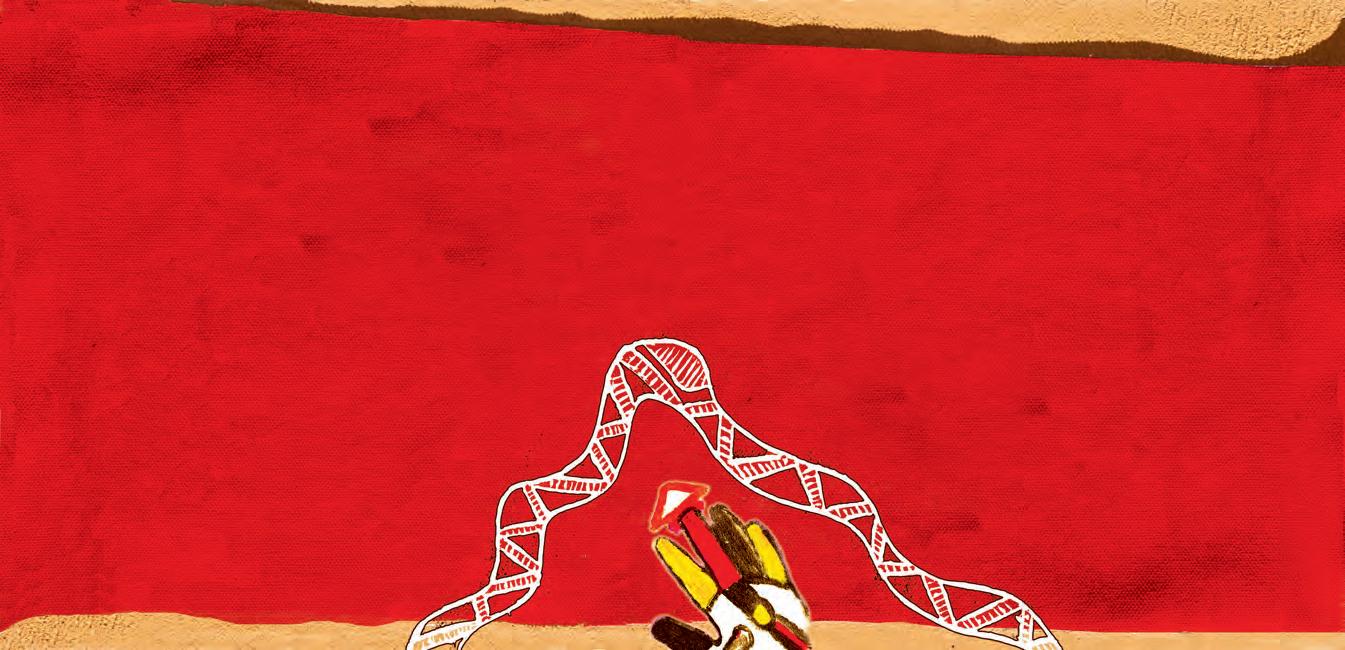
Hepatitis C is a liver disease caused by a virus in the blood. Over time hepatitis C may lead to liver scarring and serious illness.

1 What
2 out of 5* liver transplants in Australia are due to hepatitis C related causes.
*https://www.hepcguidelines.org.au/special-populations/ treatment-of-hcv-after-liver-transplantation/

2
What
What
There are many strains (genotypes) of hepatitis
C. The most common genotypes in Australia are 1, 2 and 3.
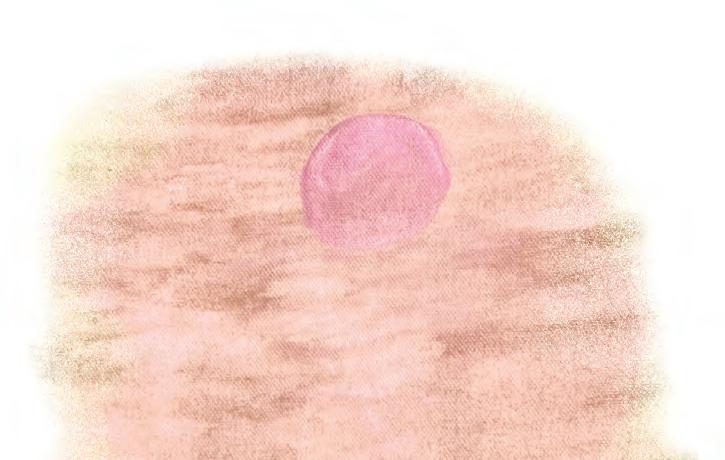
3

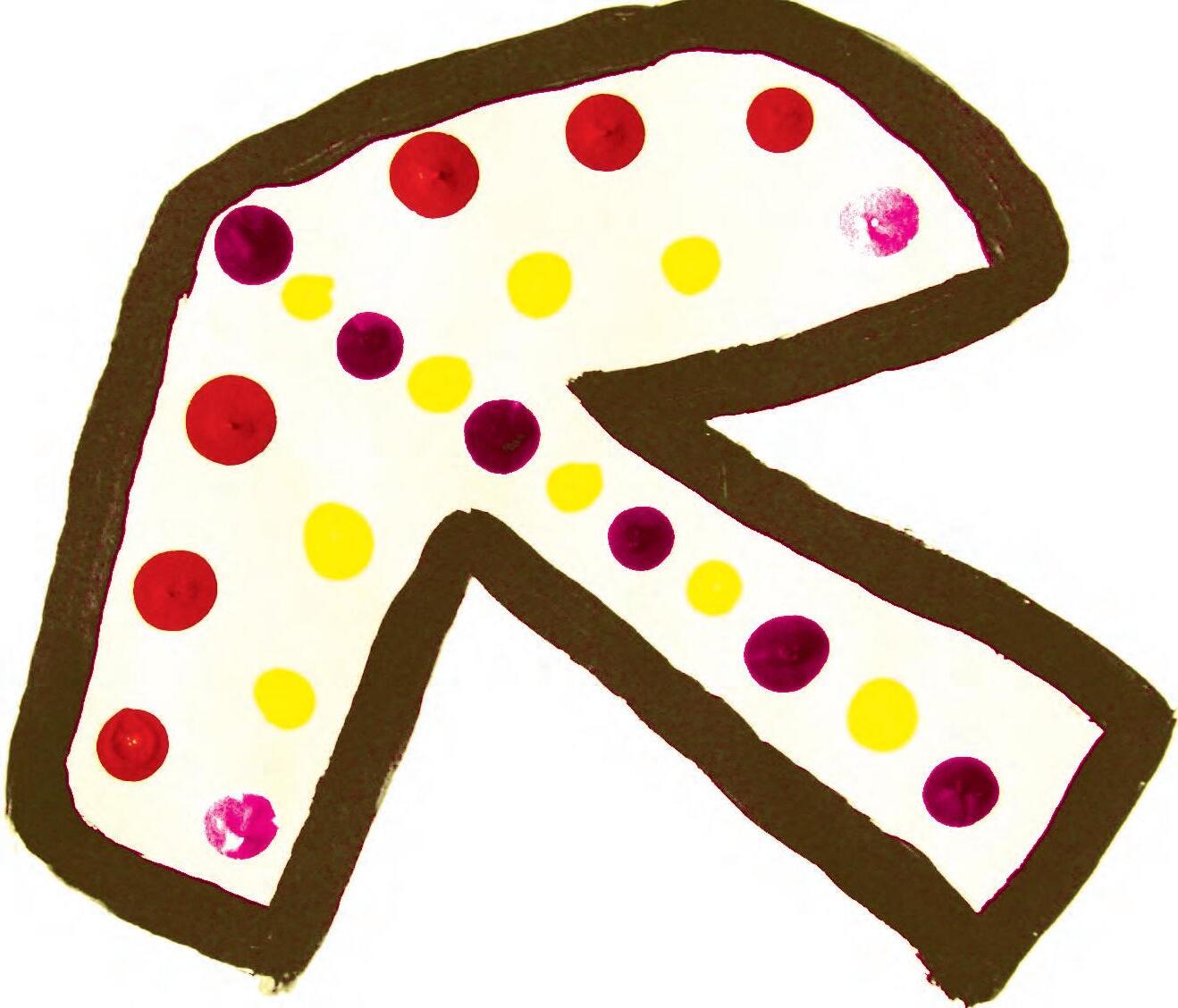
Cure
5
Hepatitis C can be cured. Daily tablets taken for 8 or 12 weeks will cure 19 out of 20 people.

Cure 6

For most people, treatment is
• tablets only
• 8 or 12 weeks
• highly effective, and
• has little or no side effects.
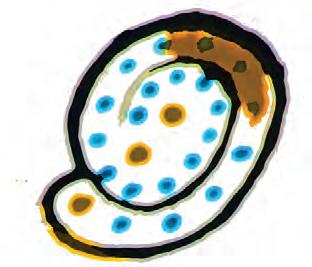 Photograph by Dani McCreery
Photograph by Dani McCreery


Cure 7 You can get hepatitis C treatment through your GP, specialist or viral hepatitis nurse. For more information 1800 437 222 www.hepsa.asn.au
Re-infection
1 in 4 people can rid their bodies of the virus within 6 to 12 months, without treatment. This does not protect them against future infection by the same or a different genotype.

8
9 Re-infection
Even if you have been cured of hepatitis C, you can become infected again. Successful treatment does not protect you against hepatitis C reinfection.
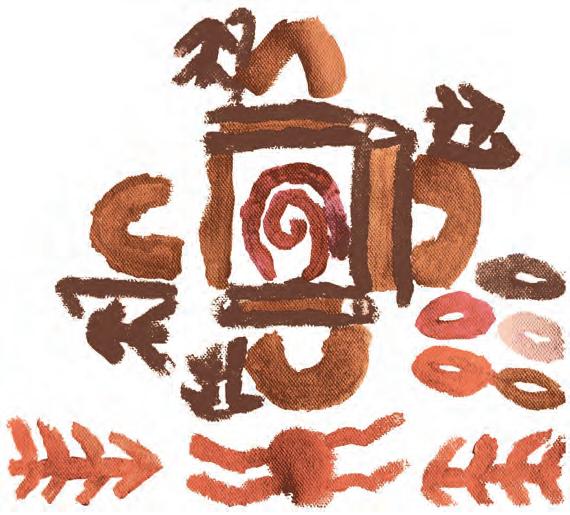
How many 10 *HIV,viralhepatitisandsexuallytransmittedinfectionsinAustralia AnnualSurveillanceReport2021,HepatitisC,KirbyInstitute.p15. Estimated number of Australians living with hepatitis C*: ACT NSWNTQLD 2,03243,8222,39522,394 SA TAS VIC WA 8,0562,00524,8209,429
How many
Between 2016 and 2020, half of the people with hepatitis C in Australia were treated. An estimated 117,810 still live with the virus. 1 in 5 don’t know they have it.
Source:MonitoringHepatitisCTreatmentinAustralia#11,KirbyInstitute

11
Symptoms

The most common signs of long-term hepatitis C infection are tiredness, lack of energy, nausea and discomfort around the liver area.

12
Many people living with long-term hepatitis C have no symptoms. Some people may have flu-like symptoms when first infected but often symptoms don’t show until 15 or more years later.

13
Symptoms
Testing 14

Hepatitis C blood tests are free for anyone with a Medicare card:
• An antibody test shows if you ever had hepatitis C. It does not show if still have it.
• A PCR test shows if you currently have the hepatitis C virus.

15 Testing

New hepatitis C rapid tests are done with a drop of blood from a finger, giving results in 1 hour. Other tests use dried blood spots, taking about 2 weeks to give results.
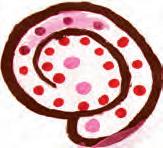
Transmision16
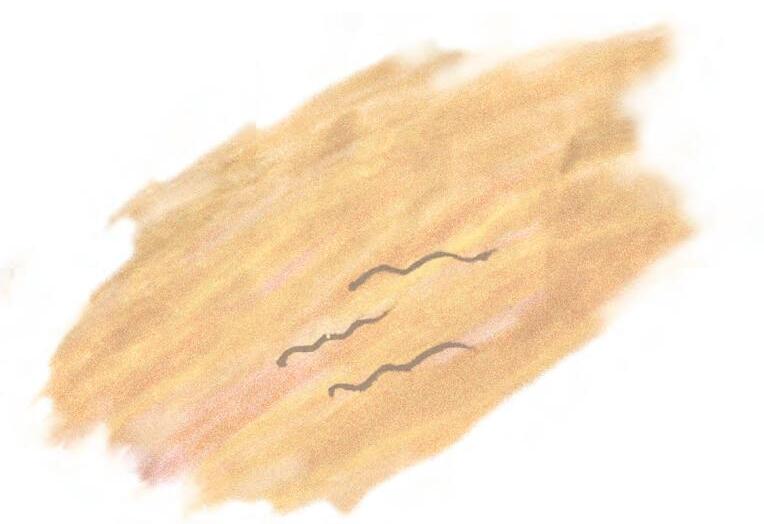

You get hepatitis C when carrying the virus enters your bloodstream.
Transmision
In Australia, the most common way of getting hepatitis C is by sharing any drug injecting equipment including spoons, water, tourniquets and filters.

17
Transmission

You can also get hepatitis C from:
• sharing drug equipment which may be exposed to blood with the hepatitis C virus, e.g. snorting straws.
18
Transmission
• tattooing and body piercing with unsterilised equipment,
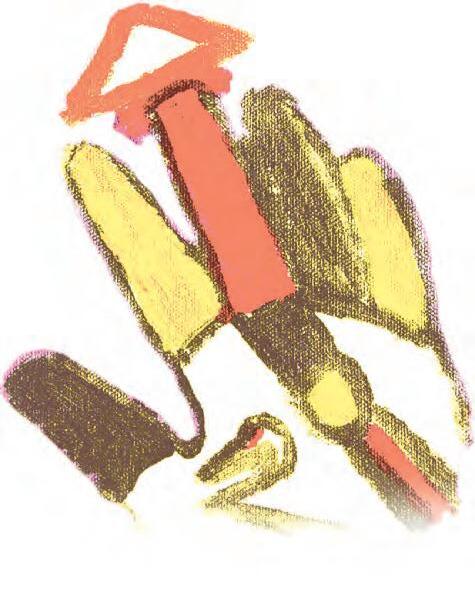

19
Transmission


• blood and blood products (e.g. plasma, platelets, red cells, antibodies) which were not screened for hepatitis C. In Australia testing of blood products for hepatitis C began in
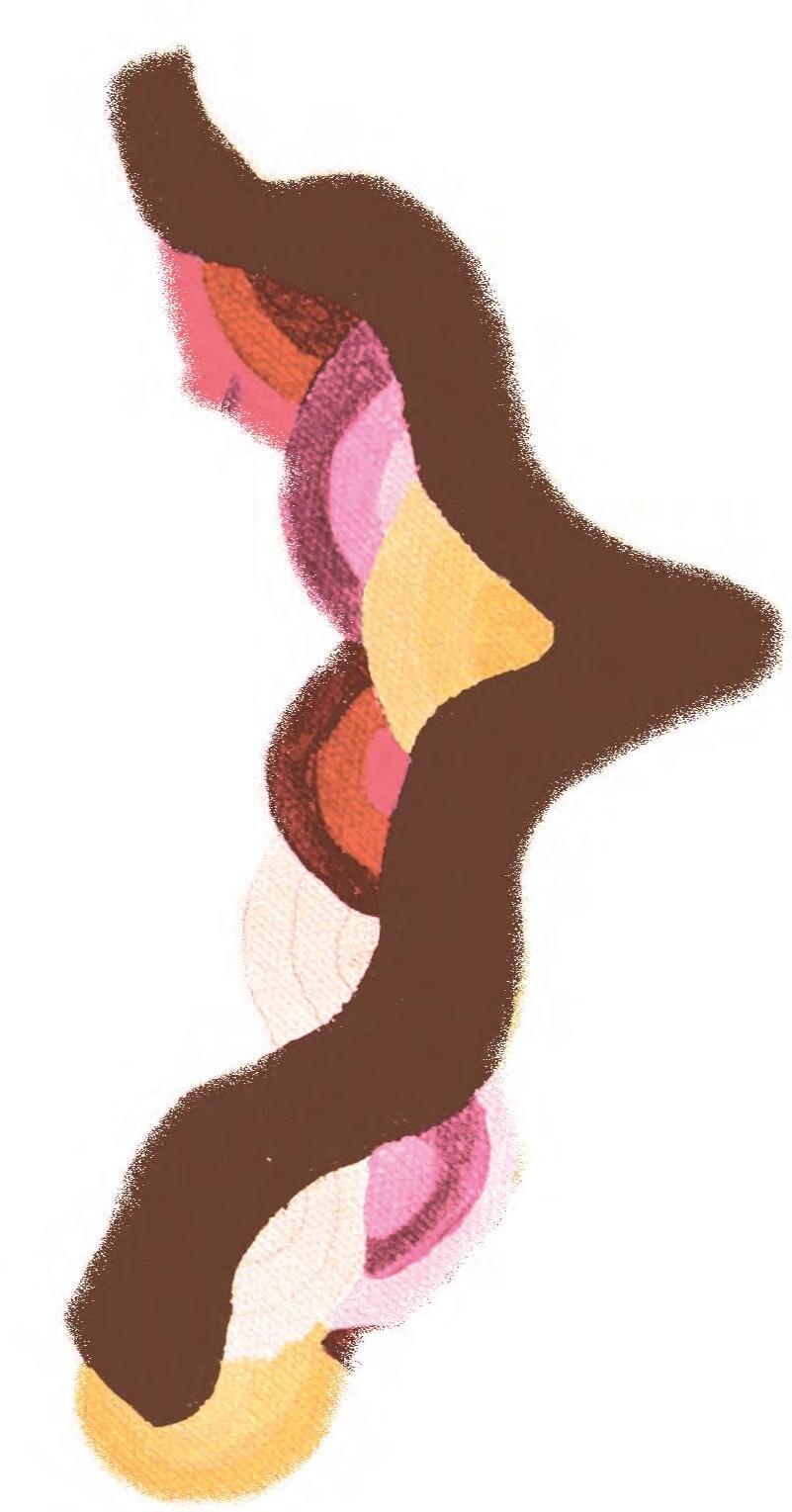
21 Transmission
• medical, dental and cosmetic procedures using unsterilised equipment, particularly in places where infection control is lax.

Transmission
• cultural and religious rituals and sports where there is blood to blood contact. In sports,
*Anathletewhohasanopenwound,isbleeding,orwhohasblood onbodyorclothes,mustimmediatelyleavetheplayingareatoreceive medicalattention.Thoughtheymaybeabletoplayagainlater,they cannotgobackandplayagainuntilthewoundistakencareof, bleedinghasstopped,andallcontaminatedequipmentreplaced.
22
it is important to stick to the blood rule.*
The risk of getting hepatitis C through personal items like toothbrushes and razors is low but it is best not to share these items anyway.
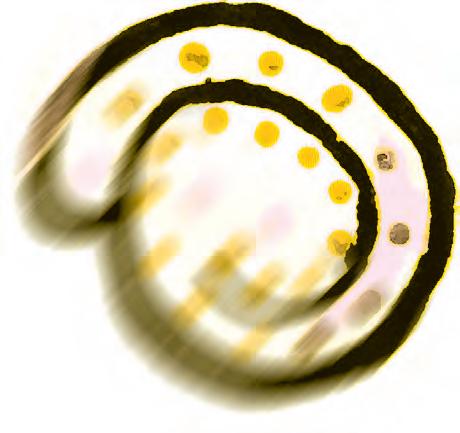

Transmission
23
Transmission
Hepatitis C is NOT a sexually transmitted infection. But, when blood is present during sex, there is an increased risk of transmission.
Hepatitis C transmission has been linked to unprotected anal sex.

24
Transmission

It’s perfectly safe to share food, drinks and cutlery with someone who has hepatitis C.

25
Transmission


26
You can’t catch hepatitis C from toilet seats, mosquitoes or swimming pools.
Transmission 27

Hugging and kissing is ok.
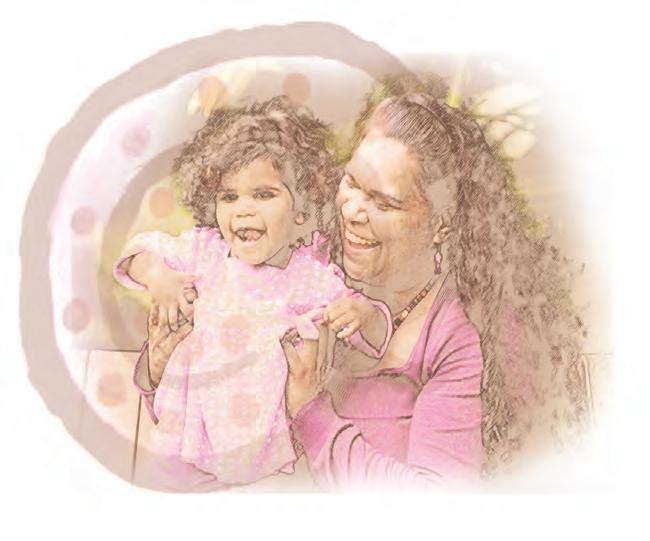
Transmission

The risk of mothers passing hepatitis C to their unborn child is very low. Women who are hepatitis C positive may safely breastfeed.

28
Hepatitis C can be prevented by taking standard infection control precautions blood is present.

29
Prevention
Prevention

There is no vaccination against hepatitis C.
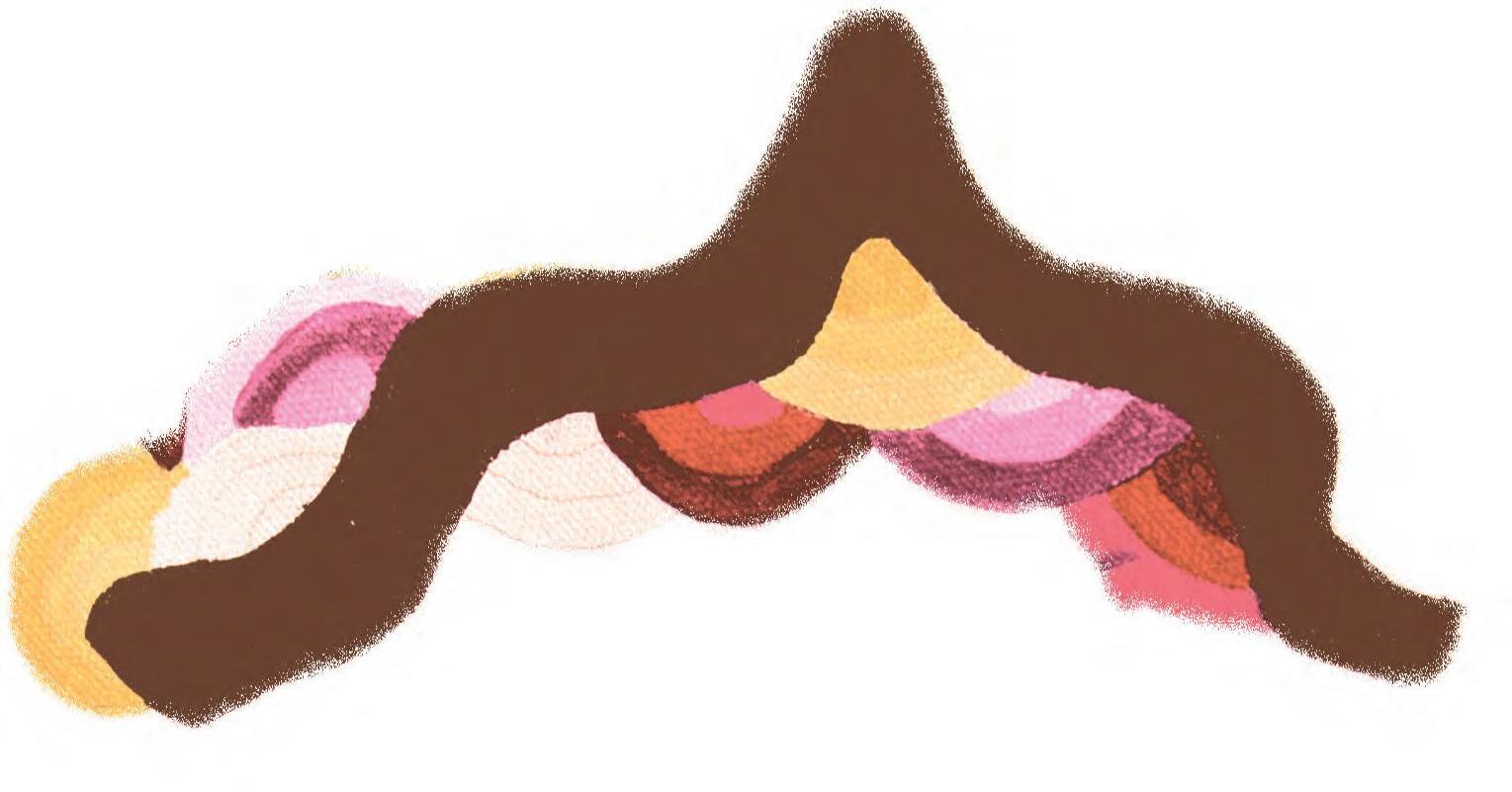
30
31 The Law
Under the law you don’t need to tell if you have hepatitis C unless you are:
• a member of, or applying to join, the Australian Defence Force,
• a healthcare worker undertaking exposure-prone procedures, eg. dentist, surgeon, theatre nurse.
The Law
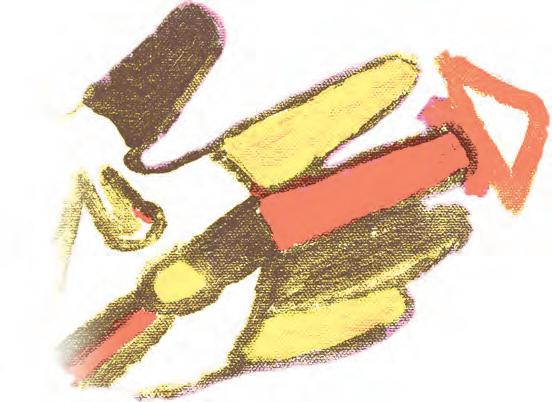
• donating blood,
• asked when applying for life or health insurance, or asked when participating in combat sports such as mixed martial arts.
32
33 The Law
It is against the law to refuse someone services or treat them badly because she/he has hepatitis C.

Living with... 34
If you have hepatitis C, getting hepatitis A or B can worsen your liver disease. People with hepatitis C are urged to get vaccinated against hepatitis A and B.
Living with...
Hepatitis C reduces saliva in your mouth and this may result in unhealthy gums and teeth.


35
Living with...
Smoking: Tobacco can make your liver disease progress faster.
Long-term daily cannabis use has been linked to liver scarring in people with hepatitis C
*InfluenceofcannabisuseonseverityofhepatitisCdisease,Ishida JHetal,ClinicalGastroenterologyandHepatologyJan2008,69-75.

36
Keep your liver healthy with physical activity, a healthy diet rich in anti-oxidant foods*, with lots of water and less alcohol, fats and sugar.

*Anti-oxidantrichfoodsincludemostfreshfruitsandvegetables,pulses, teaandnuts.Formore,seebetterhealth.vic.gov.au/health/healthyliving/ antioxidants
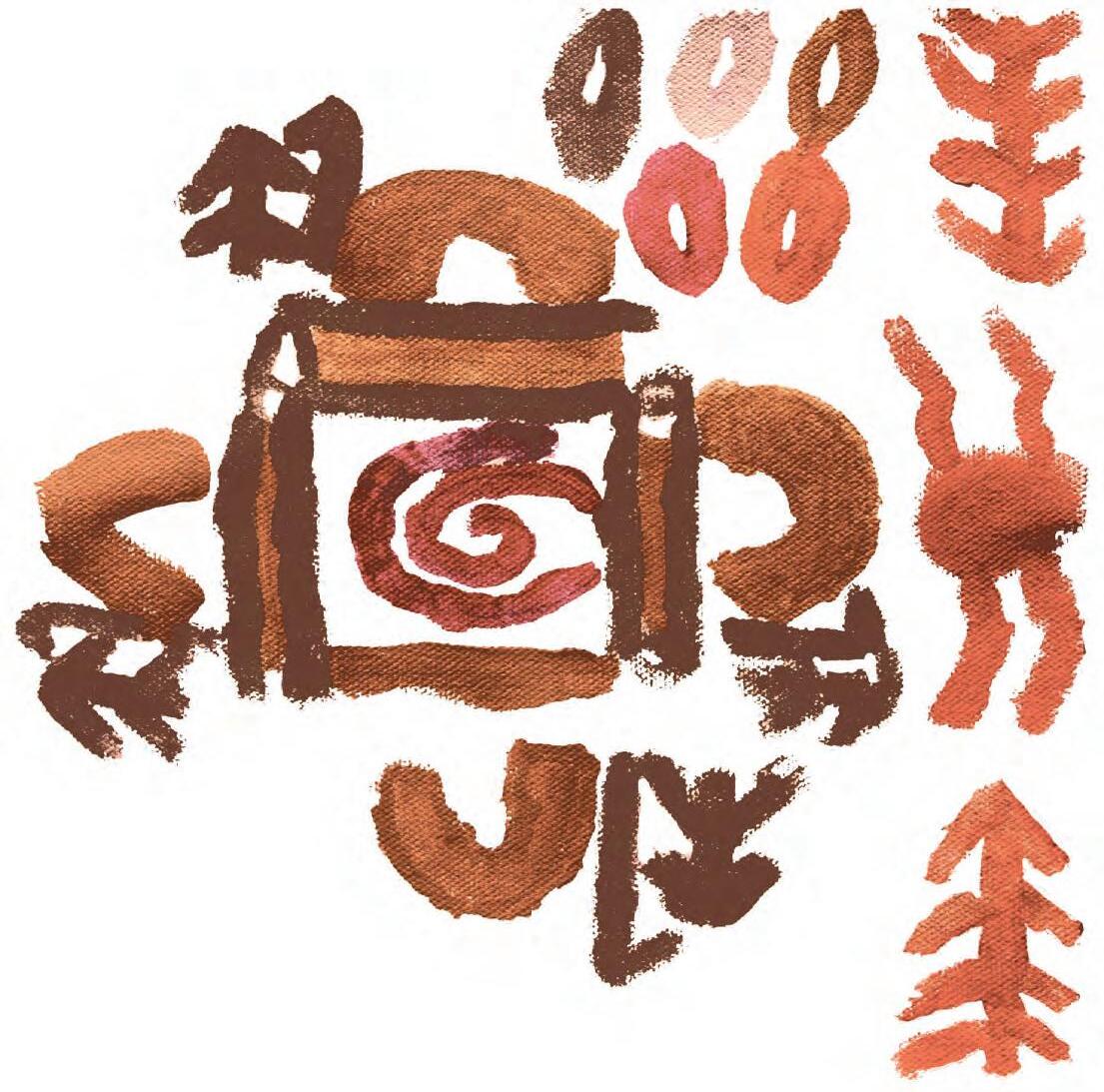



38
Hepatitis SA would like to thank:
• Bonnie Brodie, Colleen Brodie, Margaret Brodie and other Taoundi artists for their artwork,
• the Grannies Group, the Sophia Aunties, Stanley Geebung and Justin Greenhalgh for their invaluable contribution to the text in this booklet.

Hepatitis SA Helpline • 1800 437 222 Hepatitis SA • www.hepsa.asn.au • October 2022 •
Developed and produced on Kaurna Country








 Photograph by Dani McCreery
Photograph by Dani McCreery





















